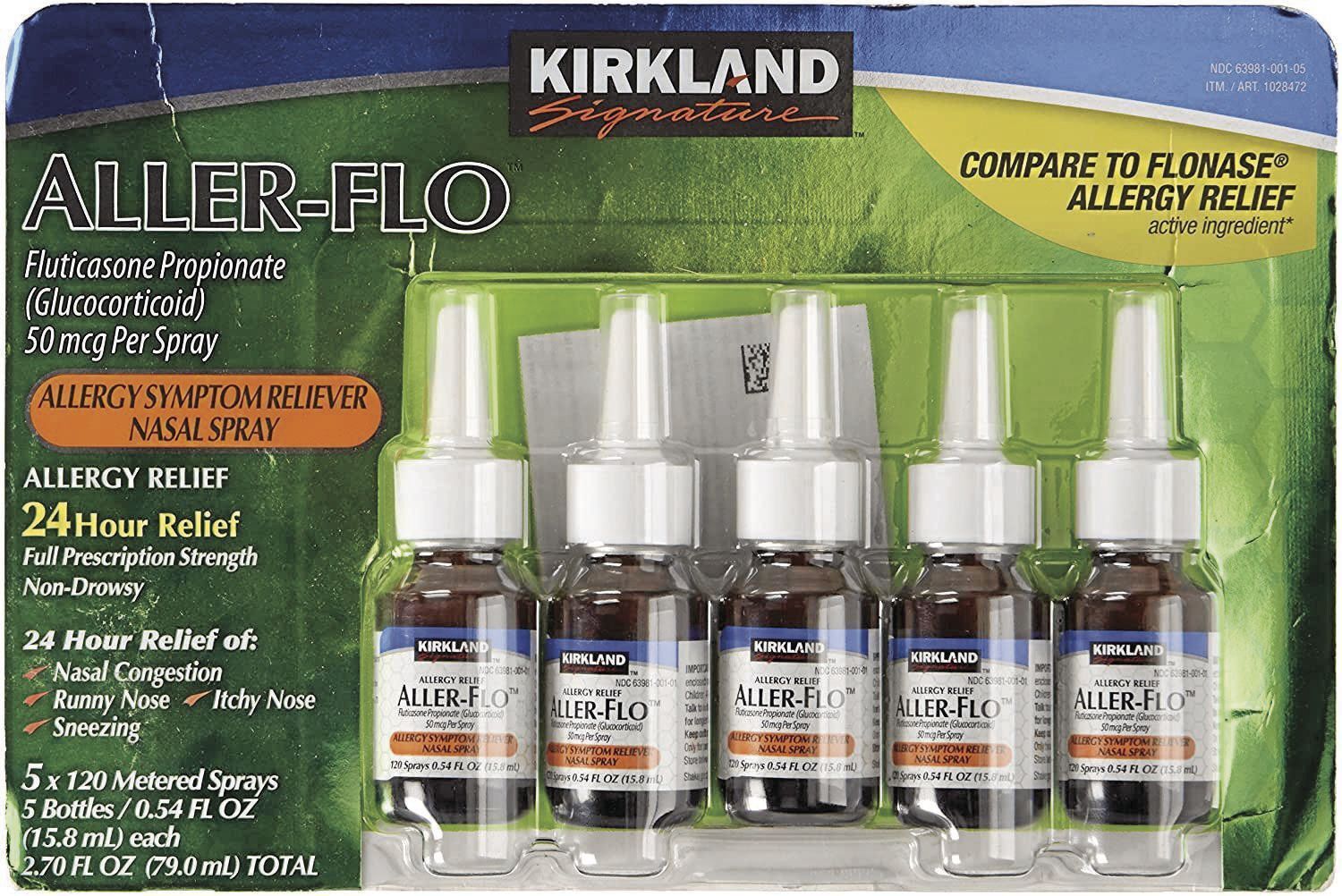

Many are aware of Afrin but are afraid to use it. My patients continually talk about their confusion when choosing over-the-counter nasal sprays. This nasal decongestant works immediately for colds or allergic rhinitis. Topical Medicationsįor the tougher allergy symptoms, such as severe nasal congestion, red eyes, and throat itching, topical medications trump the oral antihistamines:īy administering the topical solution to the nose and/or eye, the tissue gets an immediate and deeper absorption of medicine to block the allergic reaction. However, in reality, they are good, but not great! Let’s learn more. Therefore, you would probably think these antihistamines are the perfect allergy medication. There is no difficult technique involved in taking these types of antihistamines, which include eye drops or nose sprays. These medications can block each one of these reactions and are easy to administer. There are advantages to taking an oral antihistamine for allergic symptoms such as sneezing, runny nose, and eye itching. These antihistamines act for a much longer period of time, varying from 24 hours to 3 days with just one pill and tend to be much less sedating than the older antihistamines, with few drug interactions or side-effects.Īdvantages of Oral Over-the-Counter Antihistamines Pharmaceutical companies have taken advantage of this drawback by adding diphenhydramine to pain medications, like Tylenol PM or Advil PM, in their nighttime formulas.Ī much better choice of oral antihistamines is the newer products: Claritin (loratadine), Allegra (fexofenadine) and Zyrtec (cetirizine). The other well-known adverse reaction is that it crosses into the brain and makes users tired. It has been around the longest and is the most widely used, but it shouldn’t be:īenadryl may be beneficial for an acute allergic reaction to a food, but as a chronic medication, it has too many drawbacks.īenadryl is a short-acting antihistamine, so it’s protection is limited to a few hours. Oral Over-the-Counter Antihistamines Benadrylīenadryl (which has the generic name diphenhydramine) is a common oral over-the-counter antihistamine. The complete guide to the best over-the-counter allergy medication for allergy relief explains everything that an allergy sufferer needs to know when choosing an OTC allergy medicine for their allergy symptoms or allergy relief. Over-the-counter allergy medications can be tricky if you don’t know all of the benefits or risks of using them. This is obviously a good thing if you are an allergy sufferer, as you do not have to see your doctor get a prescription for simple treatment. The majority of allergy medications are now available without a prescription. Interstitial Cystitis & Bladder Pain Syndrome Treatment.Allegra-D, Zyrtec-D, or Claritin-D could cause problems.

Allegra, Zyrtec, or Claritin should be safe for most patients with heart disease and allergies.Anyone with heart conditions or high blood pressure, before taking medications that include phenylephrine or pseudoephedrine, should consult their doctor to see if they can safely take such medicines.

Decongestants can raise blood pressure or stimulate fast heart rhythms. Potential Problemsįor patients who have high blood pressure, rhythm problems (palpitations), or who have severe blockages in their blood vessels to their heart, these decongestants have the potential to cause problems. These decongestants can be phenylephrine, pseudoephedrine or oxymetazoline. Manufacturers will often add the letter D to the medicine to indicate which of the antihistamines also contain a decongestant. Often manufacturers will include a decongestant with the antihistamines in order to provide additional control of the runny nose often seen with allergies. In addition, antihistamines such as fexofenadine (Allegra), cetirizine (Zyrtec), loratadine (Claritin) and diphenhydramine (Benadryl) are very effective. Medications that often can be safely used by people with significant allergies include nasal corticosteroids. Many allergy medications include decongestants that can raise blood pressure, create palpitations and interfere with some other heart medications. Many people often ask what allergy medicines they can take safely if they have heart disease or high blood pressure.

Springtime brings not only beautiful weather and beautiful flowers, but it also brings high pollen counts and suffering to people with allergies. Wayne Leimbach, Director of Interventional Laboratories at Oklahoma Heart Institute, s hares insights on allergies, heart disease and high blood pressure on our blog today.


 0 kommentar(er)
0 kommentar(er)
